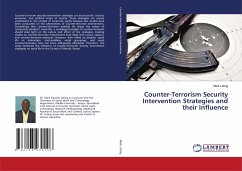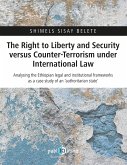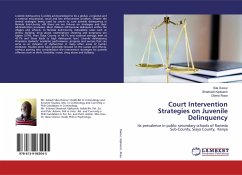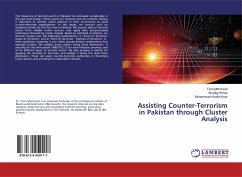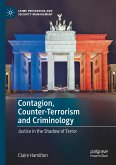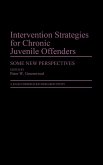Counter-terrorism security intervention strategies cut across social, cultural, economic, and political lenses of society. These strategies are poorly understood in the context of social life, partly because few studies have been conducted on the phenomena of counter-terrorism interventions. Considering that counter-terrorism activities do shape the nature of community members' social life, a sociological analysis of counter-terrorism should shed light on the nature and effect of the strategies. Existing studies on counter-terrorism interventions have dealt with causes, impacts, and counter-terrorism measures. However, their effect on peoples' social life in; interaction, trust-building, social groupings, and social inclusion/exclusion have not been adequately addressed. Therefore, this study examined the influence of counter-terrorism security intervention strategies on social life in the County of Nairobi, Kenya.

